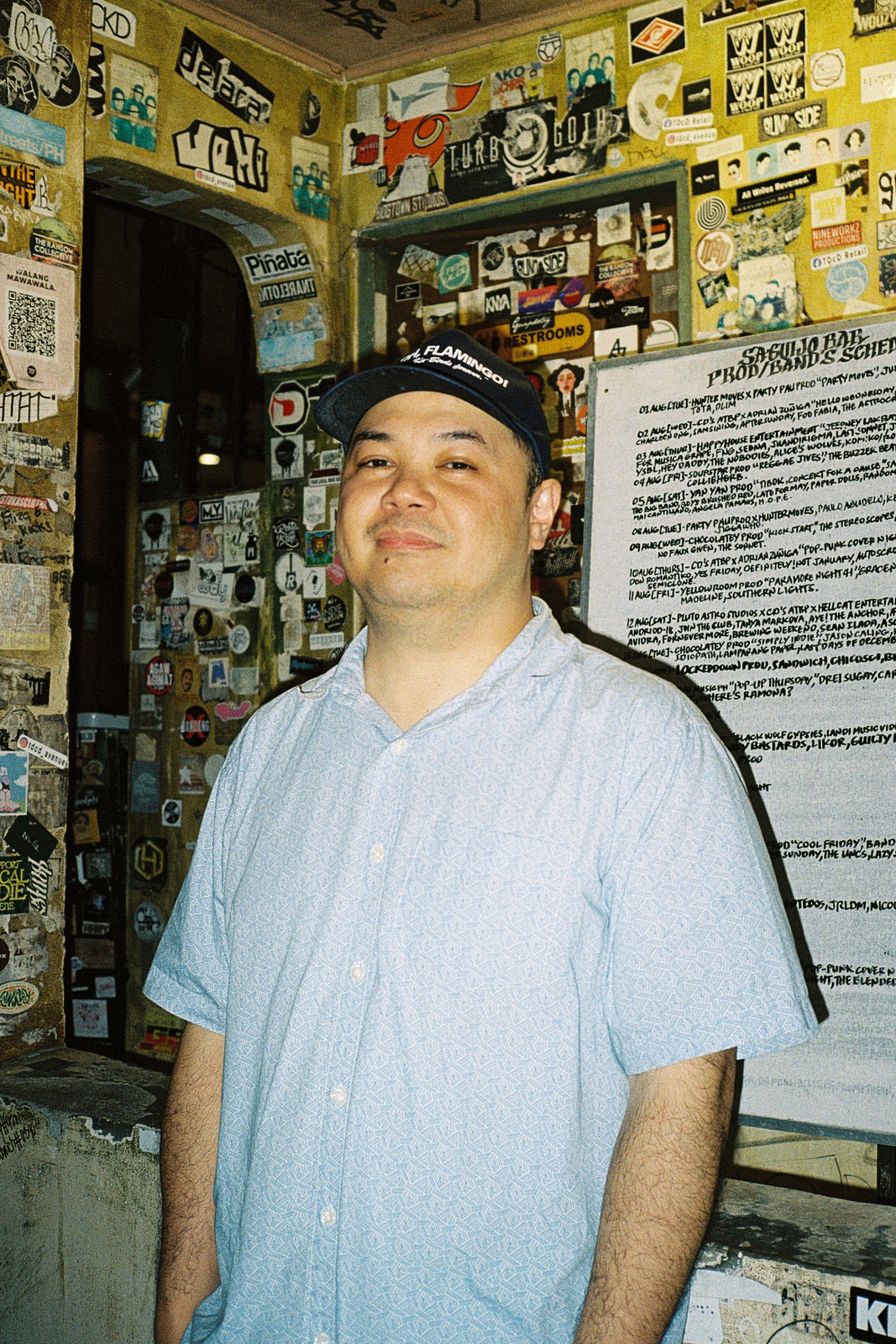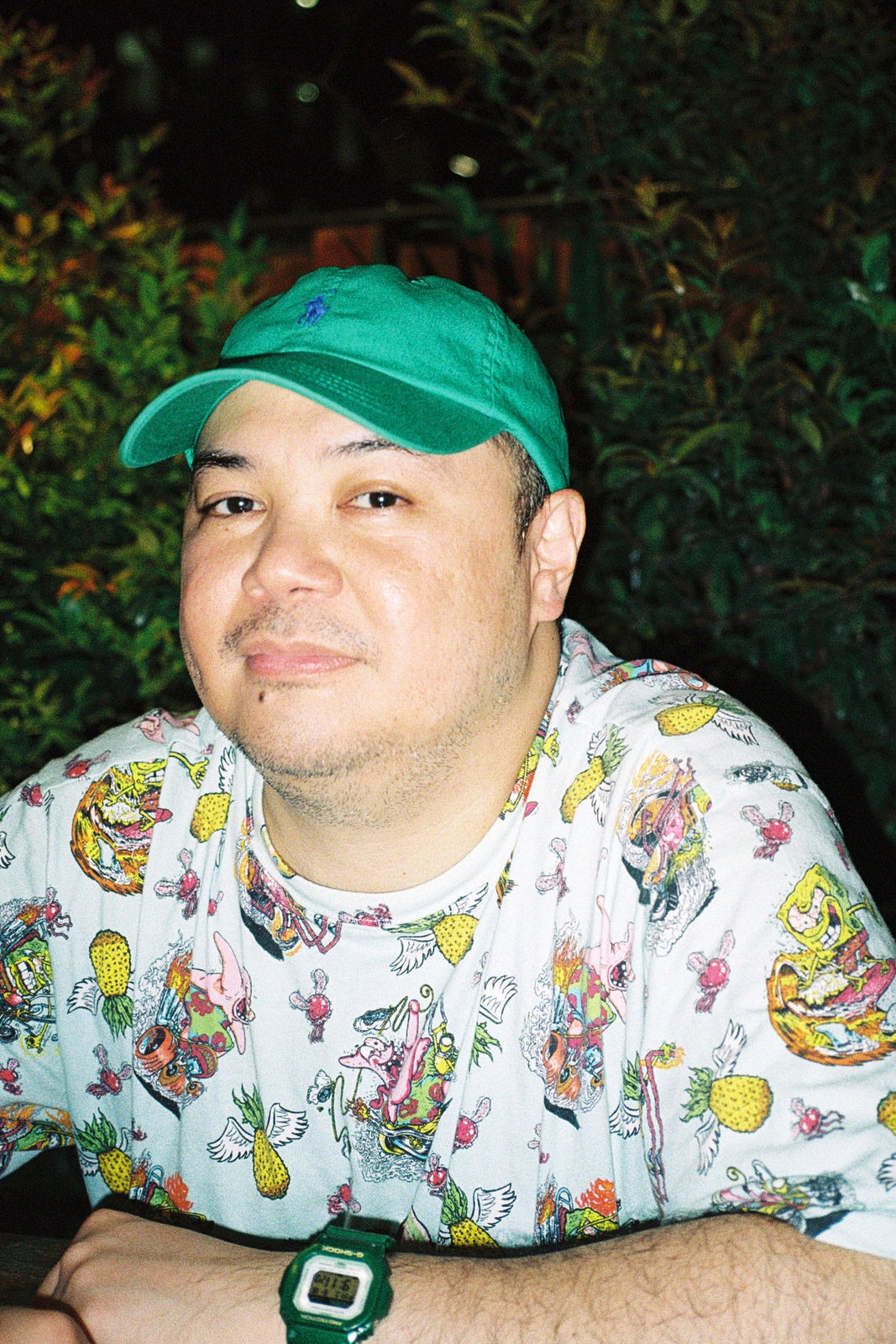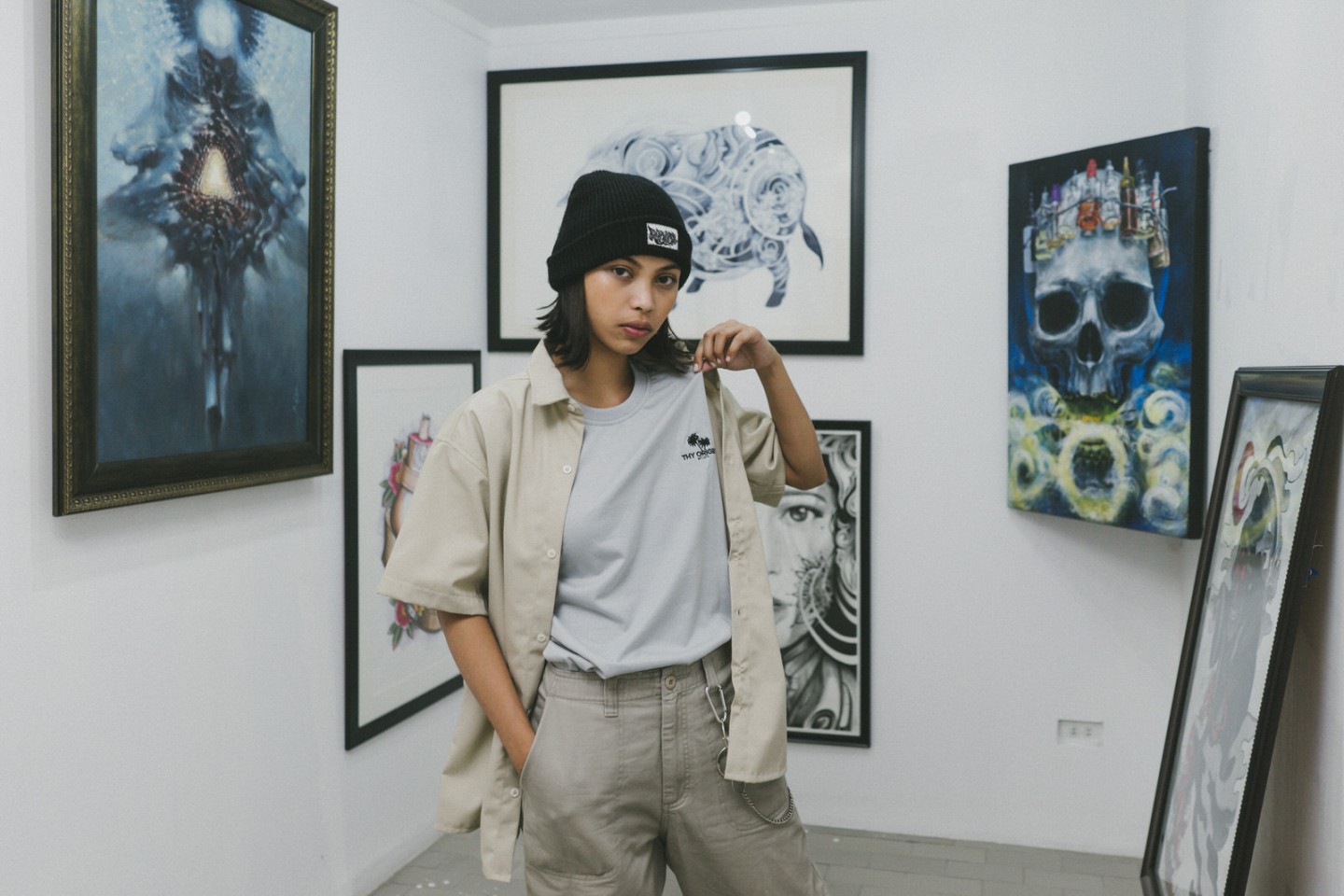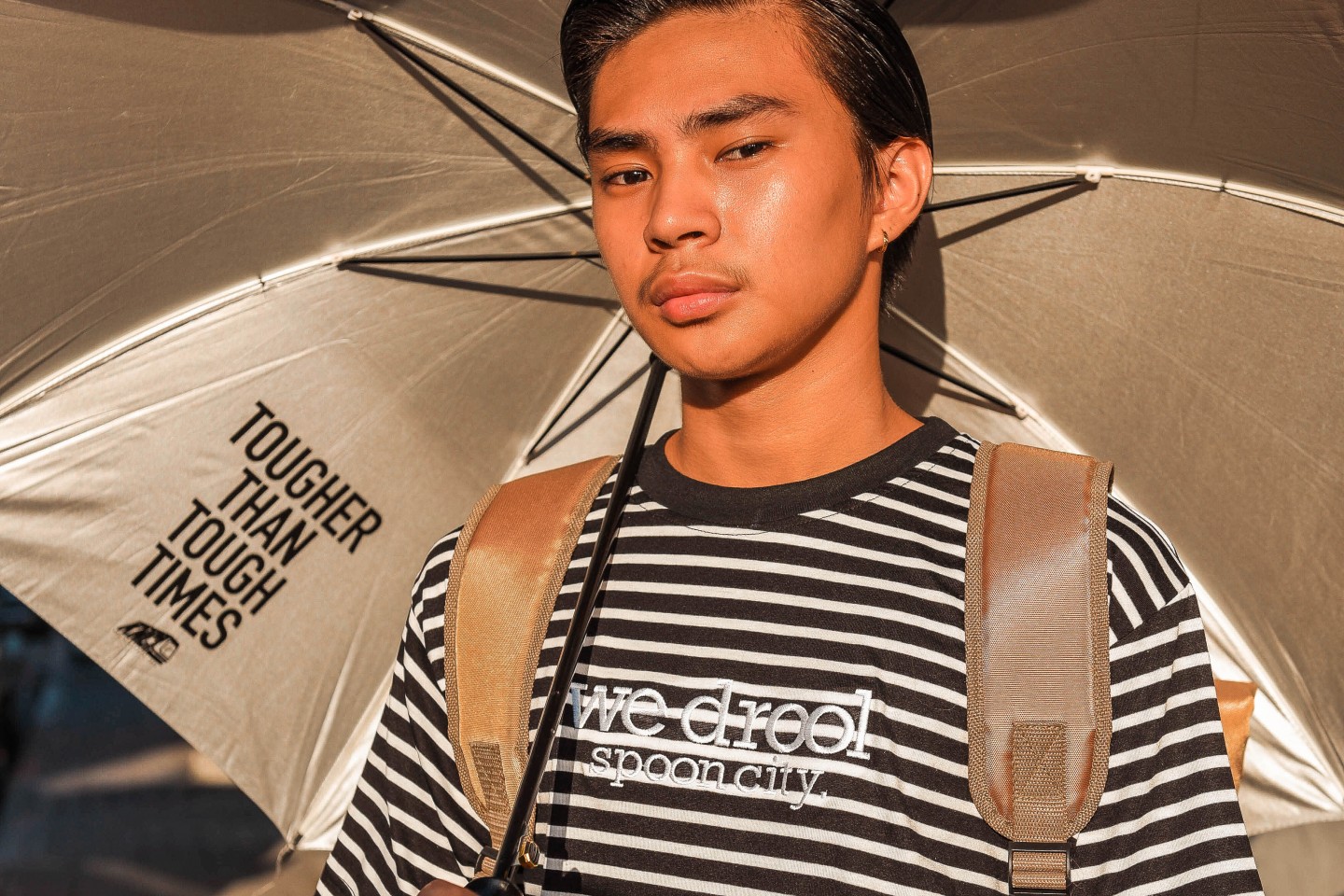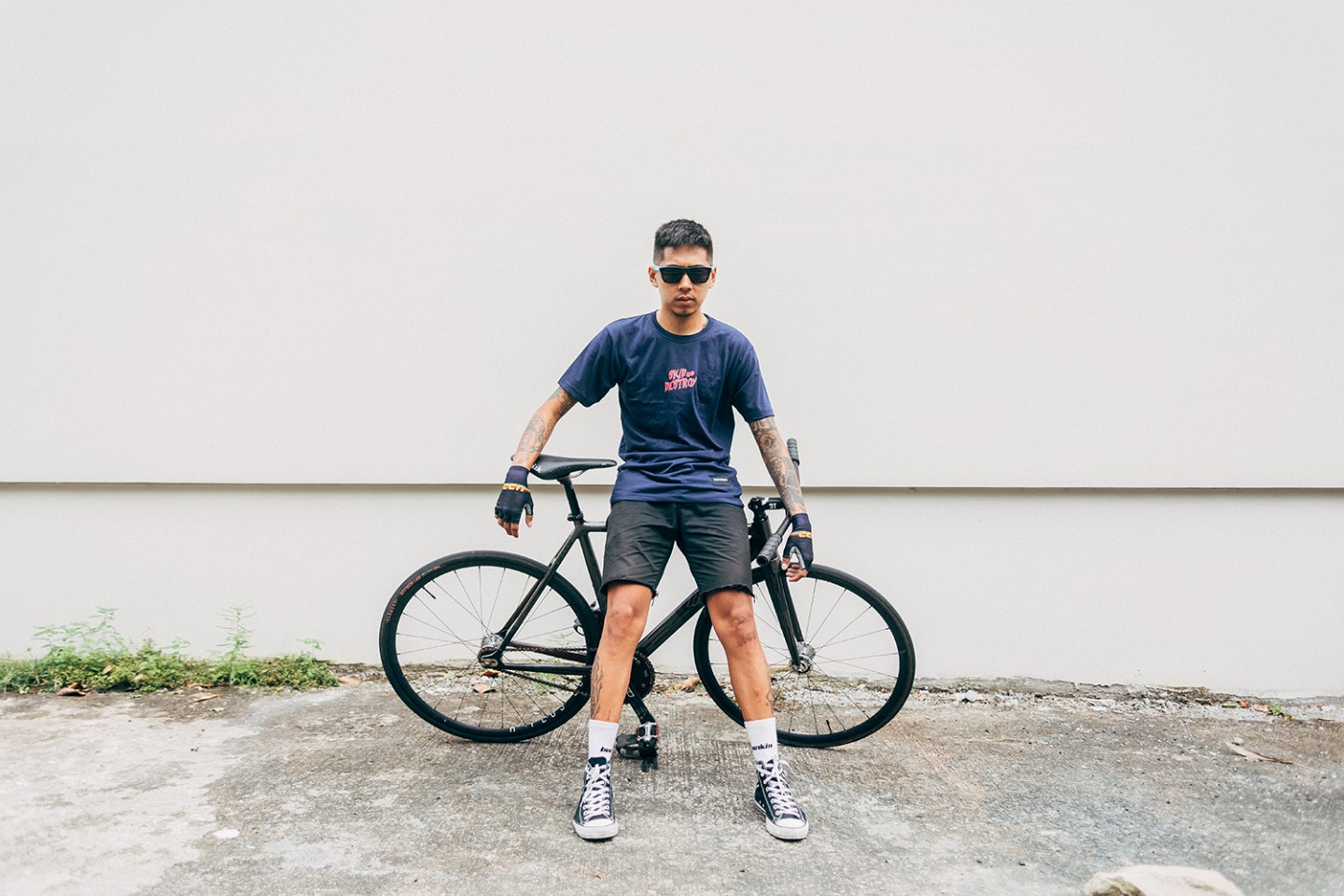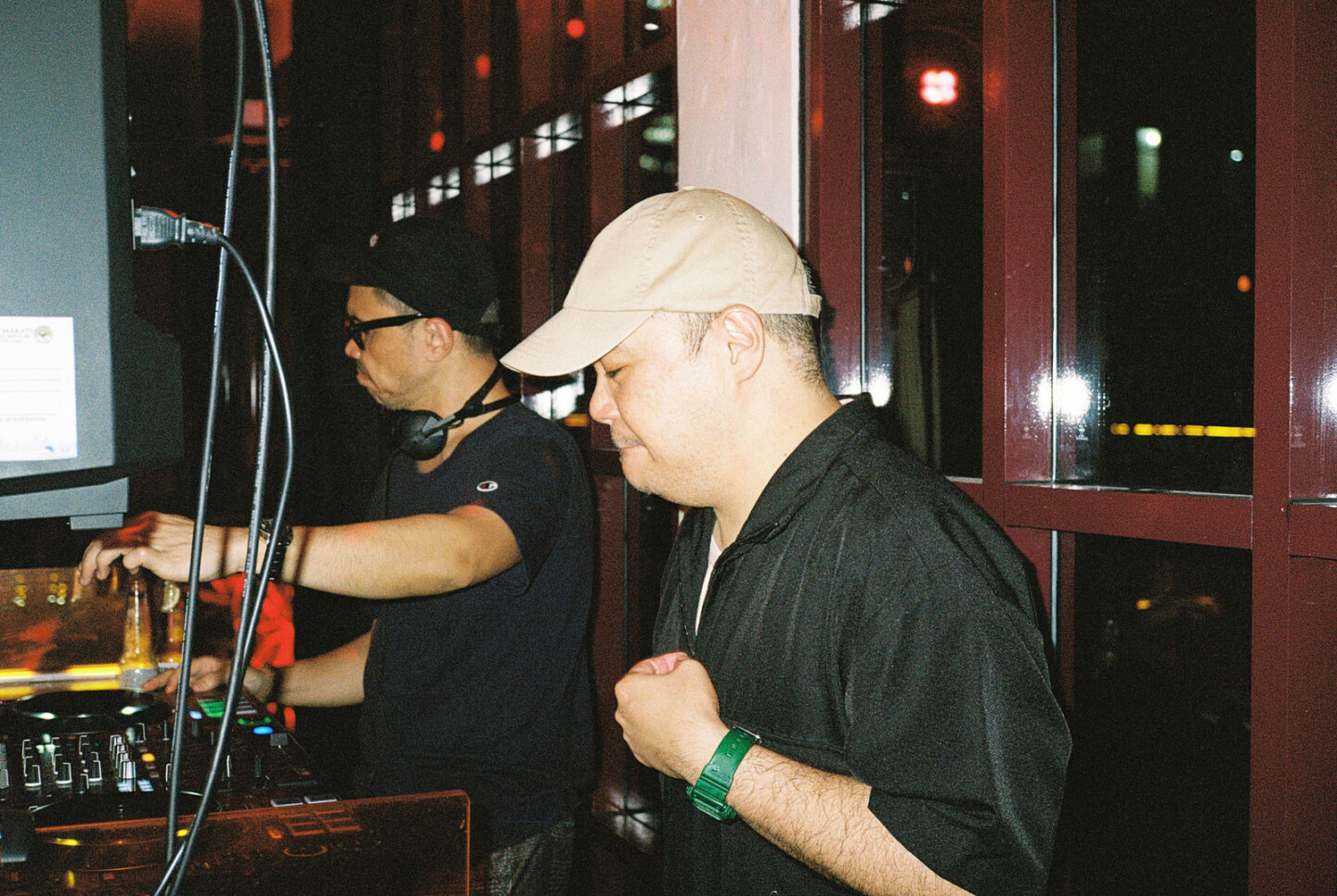
For many artists, the dilemma is all too familiar: you’ve just written your best song yet, but how can you get it out there for everyone to hear?
It’s one thing to create, but it’s a completely different ballgame to manage and market your output. This process of navigating the music scene can be exciting, overwhelming, and at times complicated. Jigger Divina, founder of Locked Down Entertainment, is no stranger when it comes to this.
“Locked Down started in 2002.” Jigger smiled as he remembered they turned 21 this year. “I was a local hip-hop fan at the time. I went to check out those local hip-hop nights back then. I loved it, but I was also left wondering why the artists weren’t being promoted. So, I thought to myself, ‘Why not start my own hip-hop night to promote local artists?’”
From one event to a full-blown company
This light-bulb moment led him to his first event—and eventually the core building block of Locked Down Entertainment—aptly called ‘Jigger presents Locked Down’ on February 1, 2002. “We got all the local hip-hop acts that time, and that night was a success. After that, ang tanong nila was, ‘Kailan ang next Locked Down?” (After that, people asked me, ‘When is the next Locked Down?’)
So this one hip-hop night turned to many and evolved until eventually, the artists that were present during that event expressed their intent to be managed by Jigger. Sun Valley Crew, a hip-hop act from Southern Metro Manila, was one of Locked Down’s first artists.
“Sun Valley Crew (SVC) was part of another label before, but when it was time to launch their third album, they wanted to release it independently instead.” Jigger shared. “When Raymund Marasigan, Buddy Zabala, and Mong Alcaraz joined SVC, that’s where we transitioned from hip-hop to including other genres like electro, and bands in general.”
From there, Locked Down Entertainment went from a hip-hop events company promoting hip-hop artists to a full-fledged music company that hosts events, manages artists, publishes music, and beyond.
On managing artists’ career, business, and relationships
And this is where things got interesting. Now that Locked Down Entertainment has become a music company, like any other business, there are standards and guidelines set in place to make it work. When asked what Locked Down’s standard was when signing new artists, Jigger simply replied, “It comes down to the music. I should like it and it should move me (make me feel something).” But apart from this, one thing that is just as equally important to Jigger? The artist’s attitude and personality.
“Artist management is like a wedding. You’re with them 24/7. I will be with them in every gig, so aside from being manageable, dapat pwede ko sila kasama (I should genuinely enjoy their company). Even if the music is good, but we don’t click, I don’t think it would work out.”
When it comes to management style and how he does things in Locked Down Entertainment, Jigger doesn’t force his management on artists that don’t ask for his help. “If they ask and need the management, game. If not, pwedeng friends naman.” (If not, we can be friends)
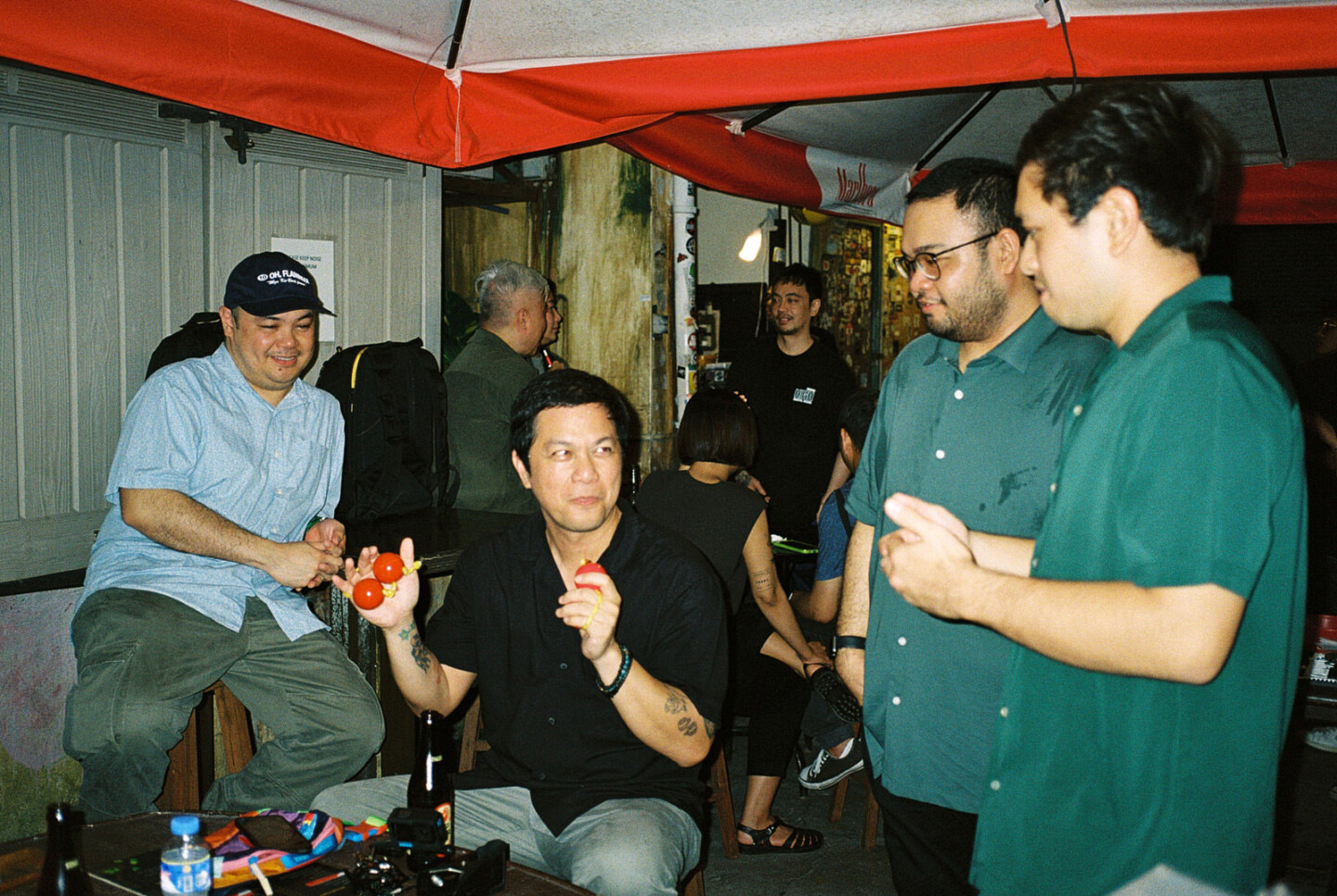
“I want us to meet halfway because it’s a partnership.. I also want them (the artists) to be proud of their work.”
But while he takes this kind of approach, make no mistake. When it comes to songwriting and creating music videos, Locked Down doesn’t skimp on guiding its artists to the fullest.
“With our process [at Locked Down] we don’t promote Locked Down, but we promote the artists. When writing songs, I leave it up to them [the artists] so their honest craft shines through. Then, I’ll just give them my input. I also check up on them and ask how they are doing with the songwriting, just so they know that I’m there whenever they need me. Even for music videos, I want us to meet halfway because it’s a partnership. For example, I can present them with ideas for a concept, but if they tell me that my ideas don’t align with their image, it’s okay. We’ll think of something else. I also want them (the artists) to be proud of their work,” he shared.
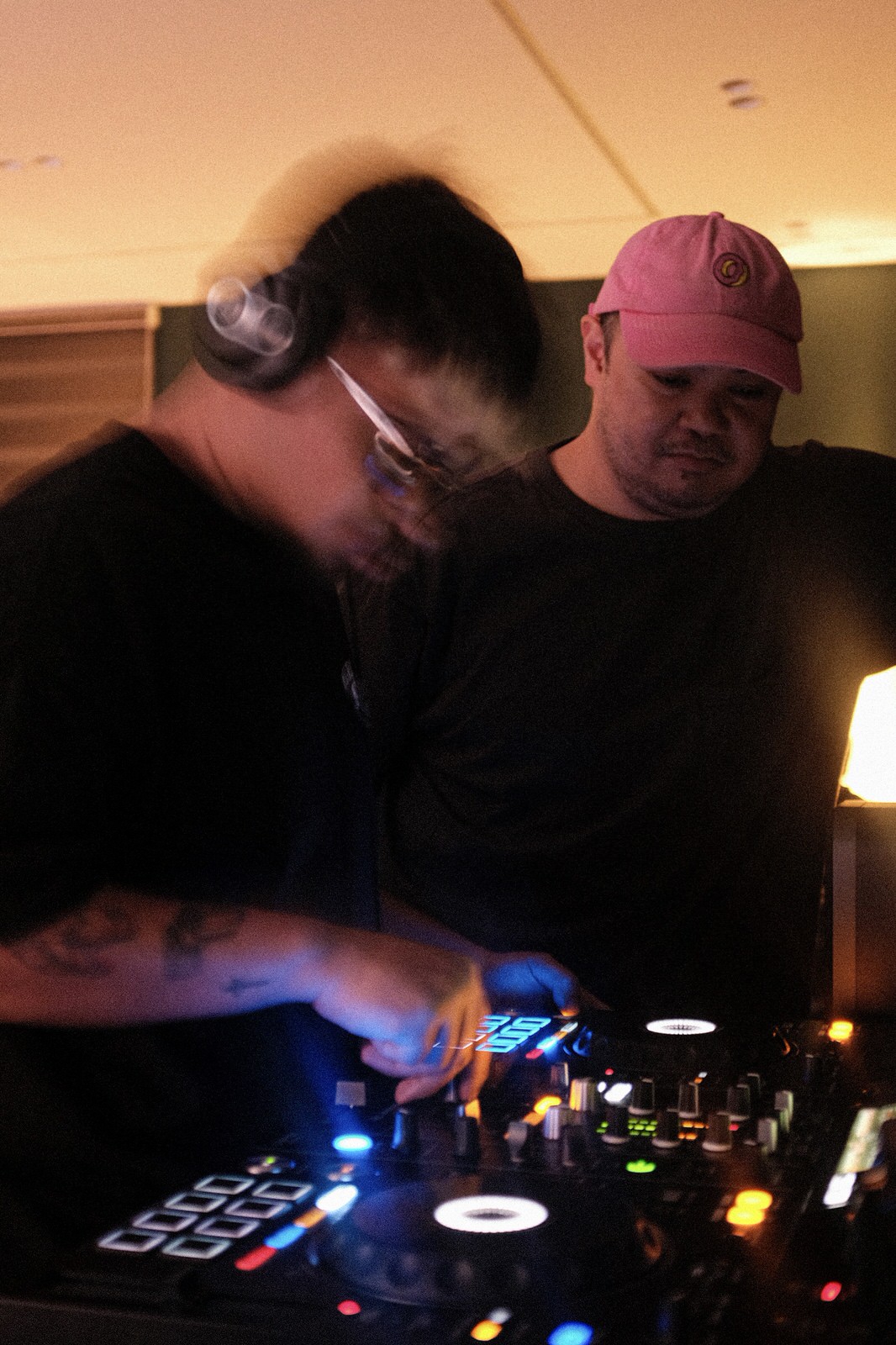
And while all partnerships can sail smoothly even in the roughest seas, breakups are still bound to happen. When asked if there was a time when breakups happened in Locked Down’s partnerships, “There wasn’t any time when we had a bad breakup with any past Locked Down artist.” Jigger humbly shared.
However, he reiterated the importance of letting artists grow in the process. “If creative differences happen, let them free because it is also the artist’s growth. Though, it’s still a breakup, and it’s still a sad moment. More on sayang lang (it’s too bad), because they want a new direction or maybe they have a different pace from where you are.”
Jigger also shared the time that he had to part ways with an act, as he had pressing priorities to focus on, particularly when his child was born. “Hindi ako makasabay sa kanila. I had to let go kasi na-hoholdback sila dahil sa akin.” (I could not keep up with them so I had to let them go because I was holding them back)
As much as breakups in this tight-knit space are melancholic, Jigger emphasized that every past partnership was in good faith. “If you were a part of Locked Down, it means I love your music.”
“If you were a part of Locked Down, it means I love your music.”
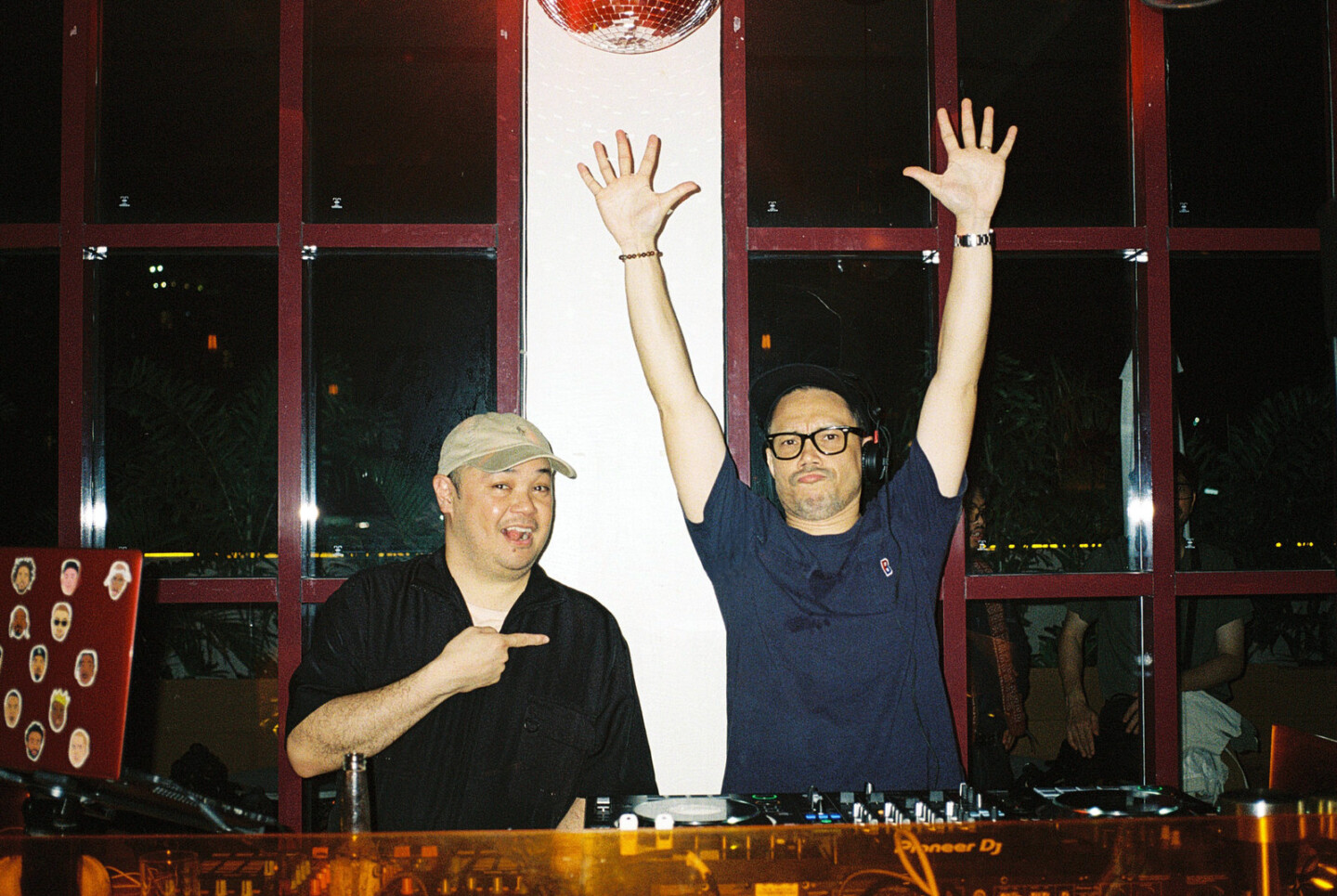
At the end of the day, music industry is a business
While Locked Down Entertainment has expanded and have a wide range of repertoire of artists under it, they still maintain the small and tight-knit environment they had. A stark contrast to how large-scale labels approach the industry. And with talks of legal issues in the music industry and the fight for artists to have power over their own songs especially among big music conglomerates, Jigger shared his two cents.
“Not everything is going to happen overnight and this goes for gigs, shows, etc. Managers can only help artists achieve their goals faster.”
“That’s their business model. If the artist is willing to work with the label’s conditions, there shouldn’t be any problem. And in today’s day and age, everything can be negotiated. The agreement should be clear from the start. For example, if the agreement talks about a rebrand of the artist at any point [of their career] and they signed, then they agree to do it. Record labels will give you money, they can own your masters, and all that. However, all of that can be negotiated and it’s really up to the artist. At the end of the day, it’s still business. If they give you money, then you need to work.”
On the role of managers in a musician’s career, Jigger clarified that managers are not miracle workers. “If they [artists] look for management, it doesn’t mean that the manager will do all their work. Not everything is going to happen overnight and this goes for gigs, shows, etc. Managers can only help artists achieve their goals faster.”
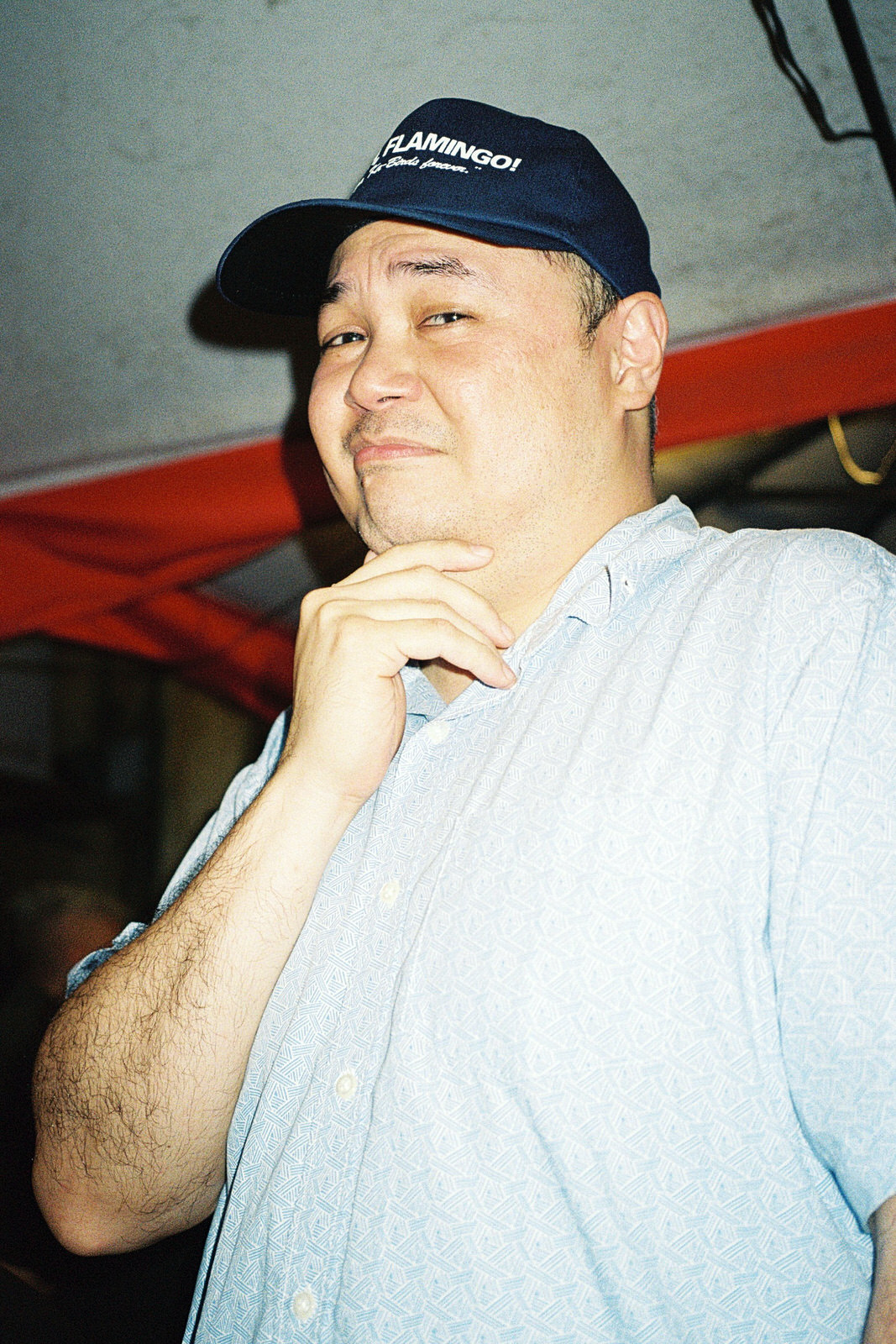
Ending it with a piece of advice
Finally, Jigger shared advice to local artists who want to make it big in the industry. “Perform shows. By doing gigs, you will know who your followers are—your fan base. Be part of the scene. If you’re a new act, then attend those gigs and be there to support other acts. Try different genres; it’s fine. Don’t rush. Remember what you signed up for. If you want to be big, you need a machine to make it big, as everybody needs help in the music industry. You also have to give up some things and work hard. Finally, be true and honest with your craft to prevent getting burned out.”
Locked Down Entertainment represents a wide range of homegrown artists, including bird., Party Pace, Tarsius, Squid 9, The Diegos, Juicebox, and more.
Send an email to lockeddownph@gmail.com to submit a demo, but just make sure to use working links. “I listen to every demo because these artists made the effort to submit their demos. They believe in Locked Down so I should also give them my time,” Jigger expressed.
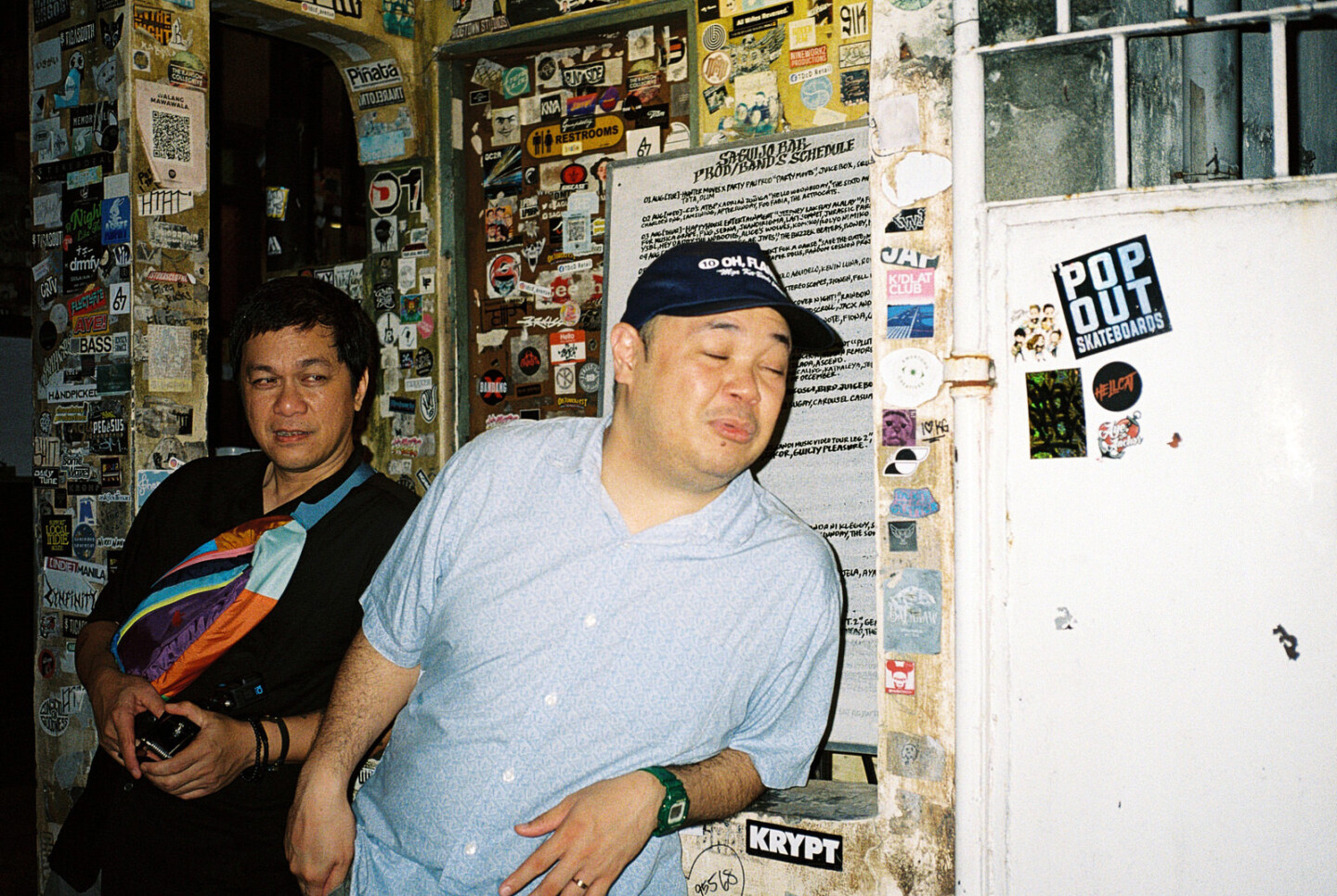
CREDITS
WRITER Lyn Estrella
EDITOR Tricia Quintero
PHOTOGRAPHER Eco Del Rio
SUPPORT PURVEYR
If you like this story and would love to read more like it, we hope you can support us for as low as ₱100. This will help us continue what we do and feature more stories of creative Filipinos. You can subscribe to the fund or send us a tip.

